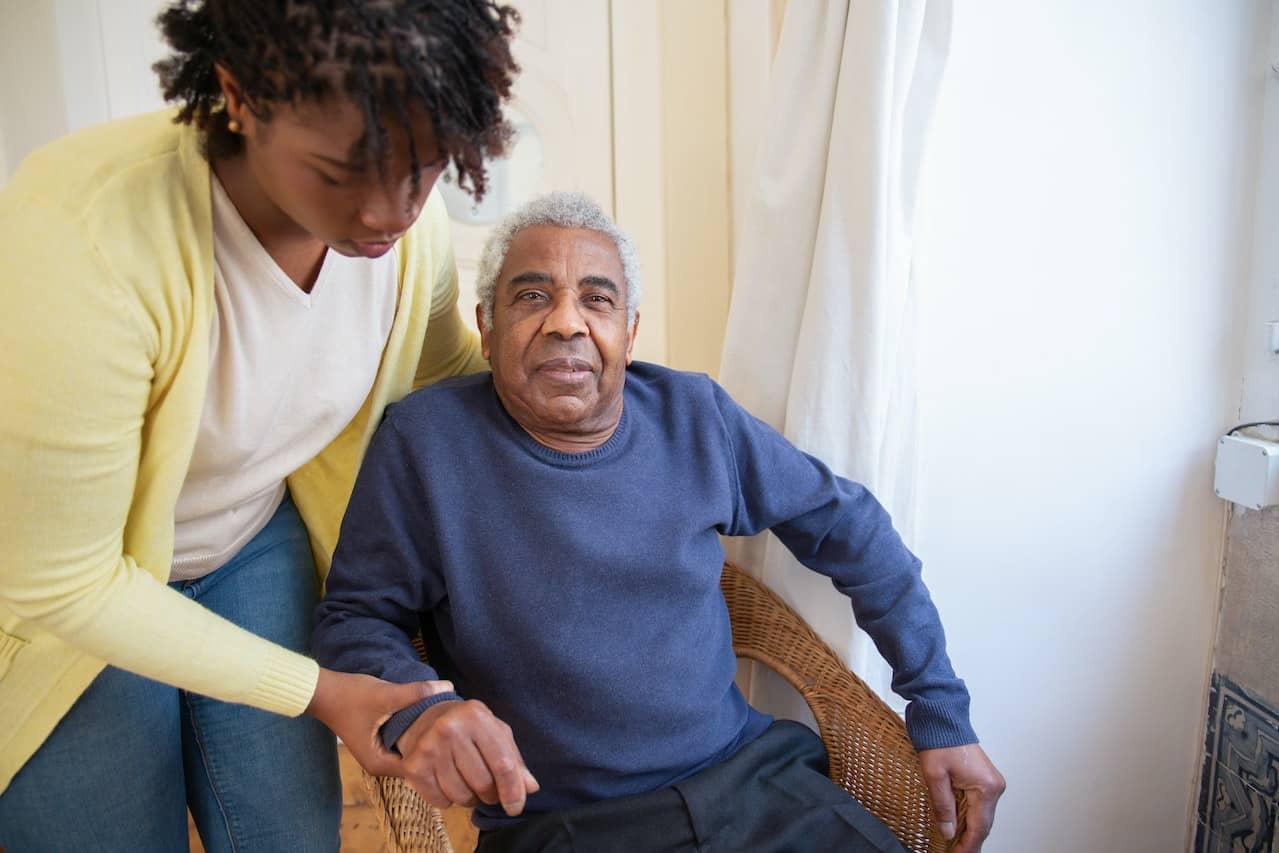The Home and Community Care (HACC) Programme and the Transition Care Programme (TCP) are suitable options if you are about to leave the hospital but feel like you need additional assistance. Your age and health status will determine the type of assistance you are qualified for.
While the TCP provides short-term care through specialised support services for elderly persons after they leave the hospital, the HACC Program offers basic support and maintenance services. This enables senior citizens to continue their healing outside of the hospital while suitable long-term care is organised.
Your medical staff at the hospital will set up any required support services when you are about to be discharged. If you want to arrange for further support like care services and NDIS funding once you get home, they can also provide you with the necessary information.
Below are possible options for the ideal transition care to your home.
The Home and Community Care Programme
Ask your doctor how you might get local support services through the HACC Program if you believe you might benefit from receiving allied health services or some help at home.
As the organisations that offer these services do their own assessments to determine if you are eligible and how much it will cost, you do not need an Aged Care Assessment Services assessment to get HACC services.
Contact your local council or request a referral from your physician to receive an assessment for HACC services.
Services provided by HACC include the following:
- Household chores
- Maintaining a home
- Transportation Assistance
- Personalised care
- Nursing
- Short-term care
- Social interactions
- Allied health services
The Transition Care Programme
While you are still hospitalised, the Transition Care Program offers a higher degree of support than HACC and needs to be approved by the ACAS.
A doctor, nurse, social worker, physiotherapist, or occupational therapist can serve as an ACAS assessor. They will come and see you in the hospital to enquire about your daily functioning and general health.
The assessors will notify you of the kinds of services that are offered throughout the visit. Whether you qualify for the TCP will rely on your particular needs, not your financial situation.
Depending on the kind of care you require, you may receive the TCP in your home or a bed-based care setting like a nursing home. Even during their time on the programme, some users might use the TCP in both modes.
Services for transitional care include the following:
- Case handling
- Allied health services
- Nursing assistance
- Personalised care
Equipment and Support
Your healthcare team will work closely with you to determine what help and equipment you need when you return home from the hospital before leaving. If you’re worried about returning home, it’s a good idea to let your medical team know so they can try to help.
Your medical staff can assist you in obtaining equipment and devices that can make daily life easier, such as a shower seat or walking frame. They can advise you on what you’ll need and provide you with contact information in case you require any additional aids or equipment after you get home.
Your healthcare team will continue to follow up with you after you receive your aids and equipment to determine whether they are fulfilling your needs or if any modifications or revisions are necessary.
Conclusion
If you do not have relatives or friends nearby, recovering at home can be a difficult and isolating process. For those leaving the hospital, numerous support systems are available, ranging from social and peer support groups to organisations that provide help for specific medical illnesses.
You can always inquire about support groups in your region from your local doctor or healthcare professional. OSAN Ability is here to help you with home assistance in Bella Vista! Call us today to learn more.










